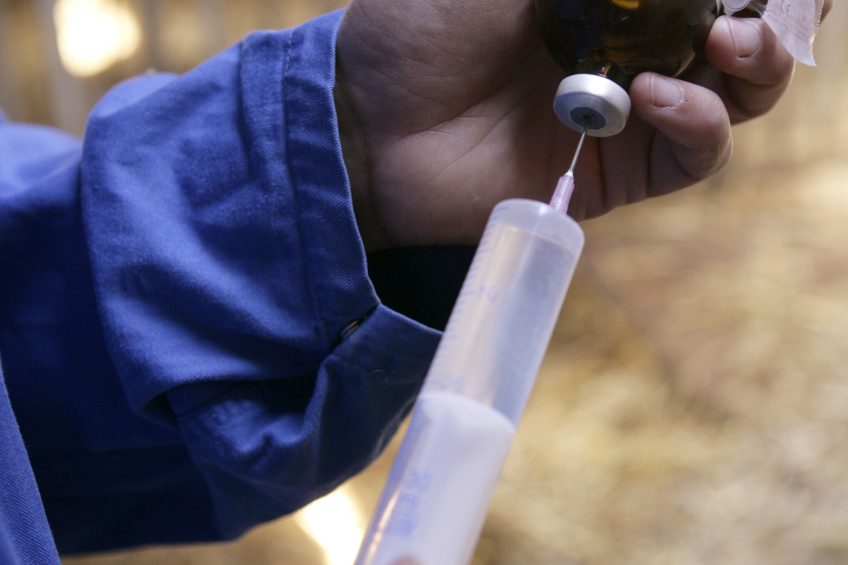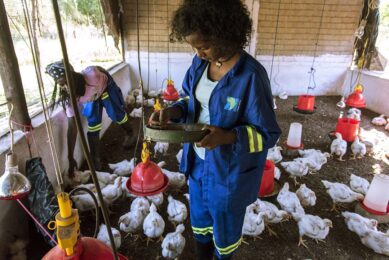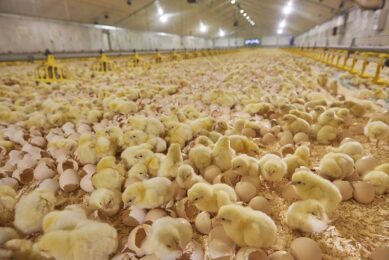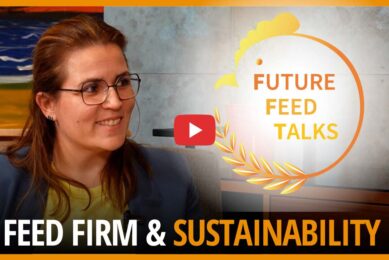Major food suppliers criticised for failing to manage risks

Major global poultry and meat suppliers have been criticised by a group of investors for failing to manage critical business risks such as greenhouse gas emissions and antibiotic risks.
The Coller FAIRR Protein Producer Index – the world’s first comprehensive assessment of how some of the globe’s largest, listed suppliers of meat, has said 60% of meat and fish companies in the index – 36 large companies worth $152bn – have been categorised as “high risk”.
Major suppliers to McDonalds and KFC, including Chinese firm Fujian Sunner and Indian company Venky’s, along with US leading egg producer Cal-Maine Foods, are all graded “high risk”.
And Sanderson Farms, the 3rd largest poultry producer in the US, has also been given bottom tier ranking.
The global ranking is produced by the $5.9 trillion investor network FAIRR, which includes large investors such as Aviva Investors and Schroders. The index aims to improve corporate disclosure on sustainability issues by all major livestock and fisheries companies.
The Index assessed 9 risk factors
- greenhouse gas emissions
- deforestation and biodiversity loss
- water scarcity and use
- antibiotics
- waste and pollution
- working conditions
- food safety
- animal welfare
- sustainable proteins
Antibiotic mismanagement
The report found that antibiotic mismanagement is the most poorly addressed risk, in an industry that is the primary global consumer of medically important antibiotics. Despite increasingly urgent calls for the sector to phase out the use of medically important antibiotics, 46 companies worth a combined $240bn, have no policies in place to eliminate the routine use of antibiotics.
Antibiotic use reporting
70% of the companies that did not report on antibiotics are based in Asia and only 28% of companies showed evidence of a policy that prohibits routine use. Poultry companies scored less than 20 out of 100 in this category.
Greenhouse gas emissions reporting
Reporting and management of greenhouse gas emissions was also seen as inadequate, unstandardised and unverified across the animal proteins sector. Although the livestock sector contributes nearly 14.5 per cent of global greenhouse gas emissions, over 72 per cent of Index companies showed poor or no reporting on this issue.
Tyson Ventures praised
On a more positive note, the Index also highlighted corporate best practice, praising US poultry producer Tyson Foods for launching Tyson Ventures, a $150m venture capital fund to invest in companies such as Beyond Meat, developing plant based markets and other sustainable food products and technologies.
FAIRR Initiative: Transparency vital
Jeremy Coller, FAIRR Initiative founder and chief investment officer Coller Capital, said: “Investors need ESG data and transparency to make better investment decisions, yet this information is lacking in the meat, fish and dairy sector. This is the first index to help investors bridge this knowledge gap.”
Abigail Herron, Aviva Investors head of responsible investments, said: “From fast food to fine dining, much of the food on our plates leads back to the livestock and fisheries sector assessed by this index. That is why it is of deep concern to investors that a majority of these global food suppliers are failing to manage and reduce their use of antibiotics.
“On antibiotics alone, FAIRRs research shows that 3 in 4 of these companies are ignoring calls from regulators, health professionals and the financial community to manage and reduce their use of antibiotics. That failure puts both global public health and their business models at risk.”
Join 31,000+ subscribers
Subscribe to our newsletter to stay updated about all the need-to-know content in the poultry sector, three times a week. Beheer
Beheer








 WP Admin
WP Admin  Bewerk bericht
Bewerk bericht